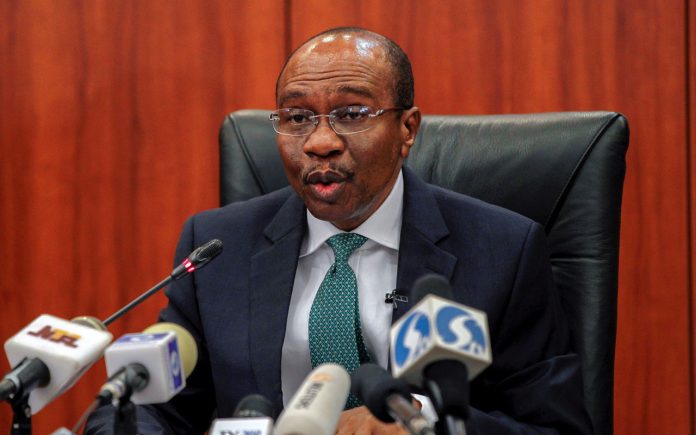Nigeria’s ten-year Eurobond closed the first half of the year at a yield of 13.45% or $69.8 in unit price pointing to one of the worst yields in years for Africa’s largest economy.
Sovereign Eurobond yields at double-digit rates are often considered junks suggesting they are either unsafe to buy or unattractive to bond buyers due to several factors.
Emerging markets like Nigeria have seen bond prices fall following the Russia-Ukraine war and the decision by the US Fed to raise rates to combat rising inflation. A recent Financial Times article indicates about $50 billion have been pulled out of emerging market bonds as borrowing gets harder at a reasonable cost.
No more Eurobonds?
Nigeria last tapped the Eurobond market in March when it borrowed $1.25 billion in a 7-year bond at a whopping cost of 8.375%.
However, analysts believe it might not be able to go on another round of borrowing considering the high borrowing costs.
For Nigeria, the situation is even worse with the 10-year Eurobond now trading at a yield higher than its equivalent in local currency. For example, the recently sold 10-year April 2032 FGN Bond closed in June at a yield of 12.5% per annum almost 100 basis points lower than the 10-year Eurobond Yield.
Dollar Scarcity Could Persist As Nigeria’s Eurobond Trade At Worst Price In Years
- The reasons are obvious; With bond yields trading higher than 13%, it is likely to cost more should it decide to tap that market again if it cost more to borrow in foreign currency compared to local currencies.
- The exchange rate risk is also an added consideration making it extremely futile to seek more dollar loans.
- The government also recognizes this as comments from officials confirm the country is unlikely to tap the Eurobond market based on current realities.
Nigeria’s DG of the Debt Management Office, Patience Oniha confirmed at an investor conference in June, that Nigeria has no plans to source debt from the Eurobond market this year as it shifts its focus to domestic borrowing and sourcing from concessional sources.
“When we saw where the market was based on the challenges we needed to address in terms of Covid-19 we planned the borrowing to be domestic and then external from concessional sources. We did not include the plan for this year to access the international market. We did not know how long this we last, what the cost will be and all the countries that came to the market were all investment-grade so we did not want to take a chance” Patience Oniha
Nigeria’s Eurobond portfolio is currently $15.9 billion and represents about 39.8% of the total $39.9 billion foreign debt portfolio.
What this means for forex scarcity
With Nigeria unable to tap the Eurobond market, and crude oil theft persistently severe, the country may not be able to fund new demands for forex.
- Nigeria’s external reserves at about $39 billion have swelled by about $6 billion in the last year mostly due to foreign debt borrowings.
- Yet, access to forex remains a major challenge as the central bank continues to press businesses to source for their own forex rather than burn through its reserves.
- A dwindling appetite for new foreign debt borrowing could crystallize into a major dollar scarcity if Nigeria is unable to earn significantly from crude oil sales in the next few months.
- The Nigerian economy relies heavily on crude oil sales, foreign portfolio inflows, and debt offerings to shore up forex liquidity.
- Another option could be the less desirable IMF or Multilateral loans which often come with very stiff conditions.
Nigeria’s central bank still sells forex at the investor and exporter window but being the only major supplier, liquidity is tight because other sellers do not consider the rice reflective of reality.
Corporate Nigeria is also another source of foreign currency inflows, however, accessing the market will be expensive now that the country’s borrowing cost is at double digits.
- This leaves Nigeria with the stock market which is currently in its third year of limited foreign investor participation.
- Foreign portfolio investors abandoned the market after the central bank reintroduced capital controls in the wake of the unwinding of the expensive OMO bills.
- It is also unlikely that the CBN will offer OMO bills at the rates sold in 2019.
This leaves forex buyers with no choice but to seek forex themselves at the risk of a very expensive price. For business travelers and holidaymakers, access to personal travel allowances is still possible but the wait could increasingly become longer, especially in the midst of the summer holidays.

